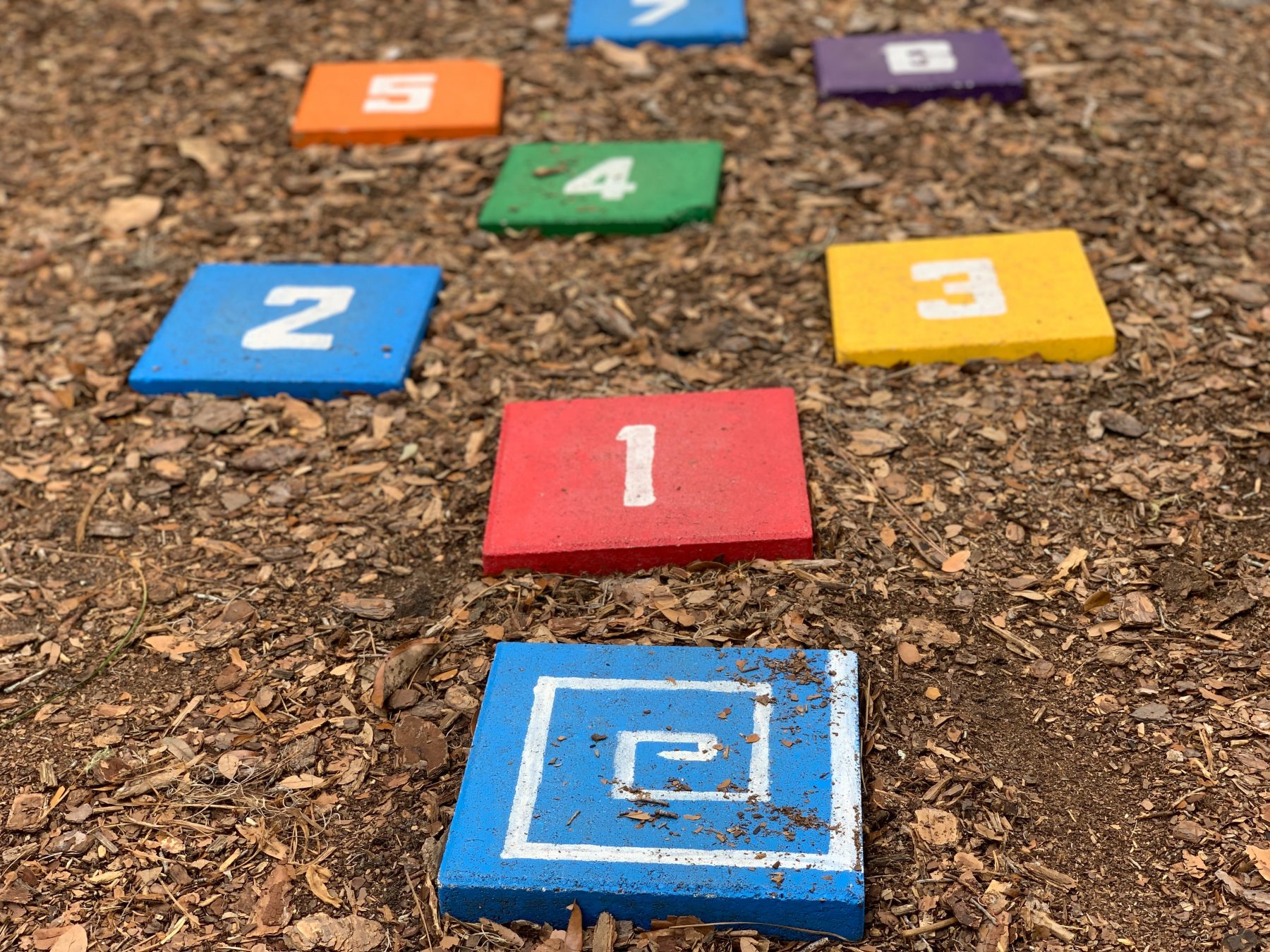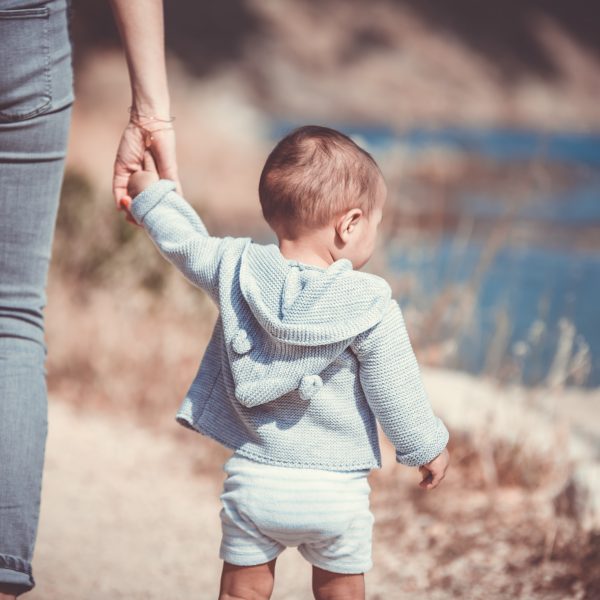Input needed from ECEC educators on how COVID has changed children’s play

Early childhood education and care (ECEC) professionals have been invited, alongside parents and children, to help record play activity observed in children following periods of social distancing and isolation, as part of the Pandemic Play Project 2020.
The project, spearheaded by a group of independent researchers who “specialise in the secret business of childhood; the culture kids share with each other – away from the adult gaze,” has already established that around Australia, children are playing versions of virus ‘tip’, ‘tiggy’ or ‘tag’ and that there are many different ways of deciding who is ‘it’.
In some versions, they said, a child who has been ‘tagged’ contracts the virus and can only be saved by a ‘vaccination’ from a free player. In other versions, anyone ‘tagged’ catches the virus but there is no cure, and so it spreads…the last player left in becomes ‘it’ next time.
The age-old favourite of Hopscotch has seen a resurgence, perhaps because this is a ‘safe’ game to play at the moment, and researchers are also hearing about children adapting their traditional games to new “no contact” rules.
“Children are incredibly creative when it comes to play,” a spokesperson for the group said. “And even though ‘Rona’ has ruined many plans this year, we predict there will be a wave of re-invented play created around the theme and realities of the COVID-19 pandemic, as children return to socialising after lockdown.”
Researchers are also keen to learn more about the ways in which children and families remained playful during lockdown. Pictures of chalk art, teddy bears in windows, and jigsaw puzzles are all welcomed, but the team is especially keen to document the many ways children found to play at home, and to stay connected with each other.
“Were there any games about coronavirus? This is what we hope to discover. We need your help to capture this unique moment in history and in the lives of Australian children,” they said.
Educators, children and parents are invited to record their responses by sending the research team an email, uploading images of their written responses or drawings, photo images, voice recorded descriptions of their games and activities or videos.
MP3, jpeg and MP4 files are preferred. Emails must include the sender’s first name, age (for submissions relating to children) and postcode.
No images of children’s faces, or pictures of people under the age of 18 that display school uniforms where an individual can be identified should be sent. By submitting material to this project, people are agreeing to allow their images, videos, written accounts and audio files to be displayed publicly (website and social media) for the purposes of this project, to be openly accessible by researchers and cultural institutions.
Emails should be sent to [email protected], or submitted via the Pandemic Play Facebook page.
A website with further information and examples may be found here.
Popular

Workforce
Policy
Quality
Practice
Provider
Research
ECEC must change now, our children can’t wait for another inquiry
2025-07-02 07:47:14
by Fiona Alston

Workforce
Practice
Provider
Quality
Research
Supporting successful transitions: Big moves, big feelings
2025-06-26 11:00:30
by Fiona Alston

Quality
Practice
Provider
Research
ECEC in focus - Una Springwood’s intergenerational initiative brings young and old together through connection and care
2025-06-30 10:00:45
by Contributed Content












